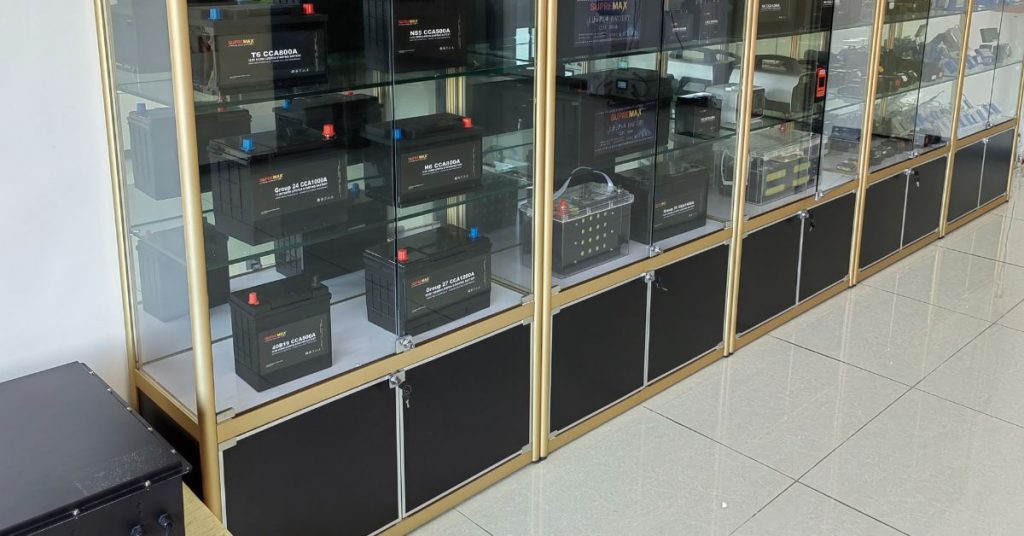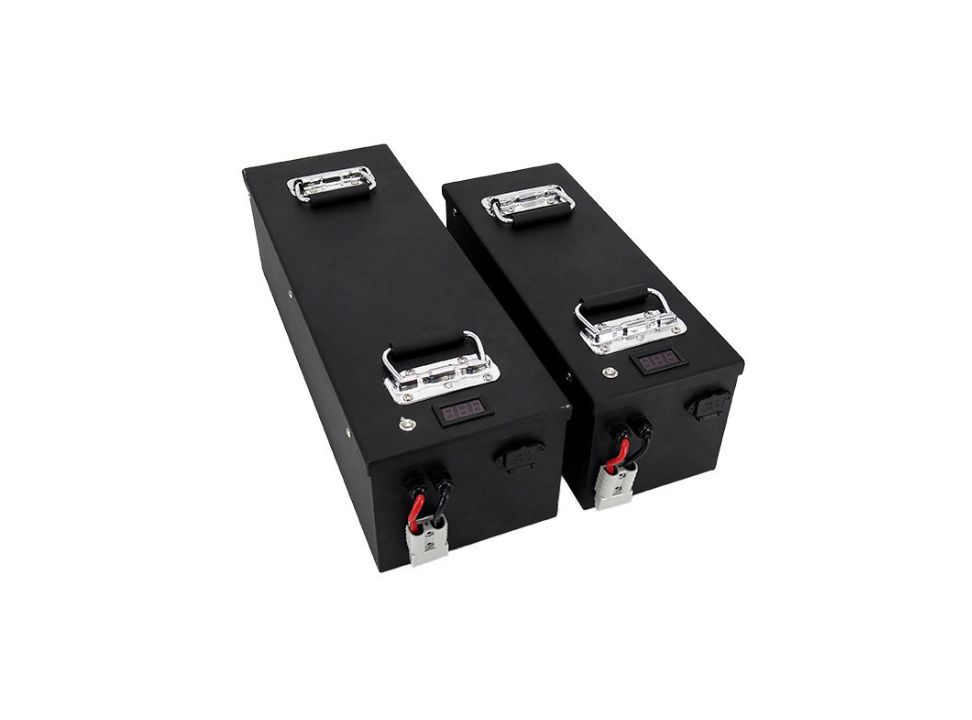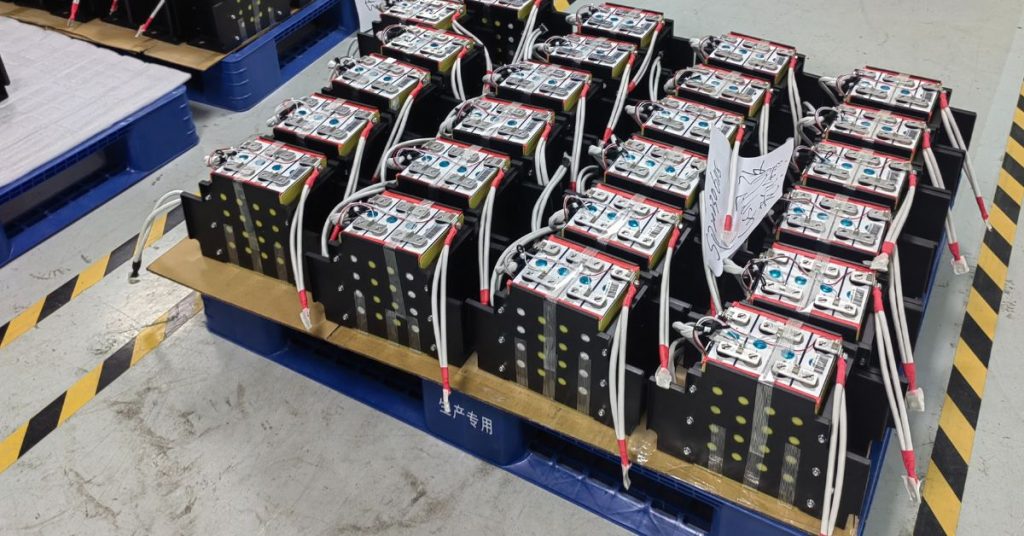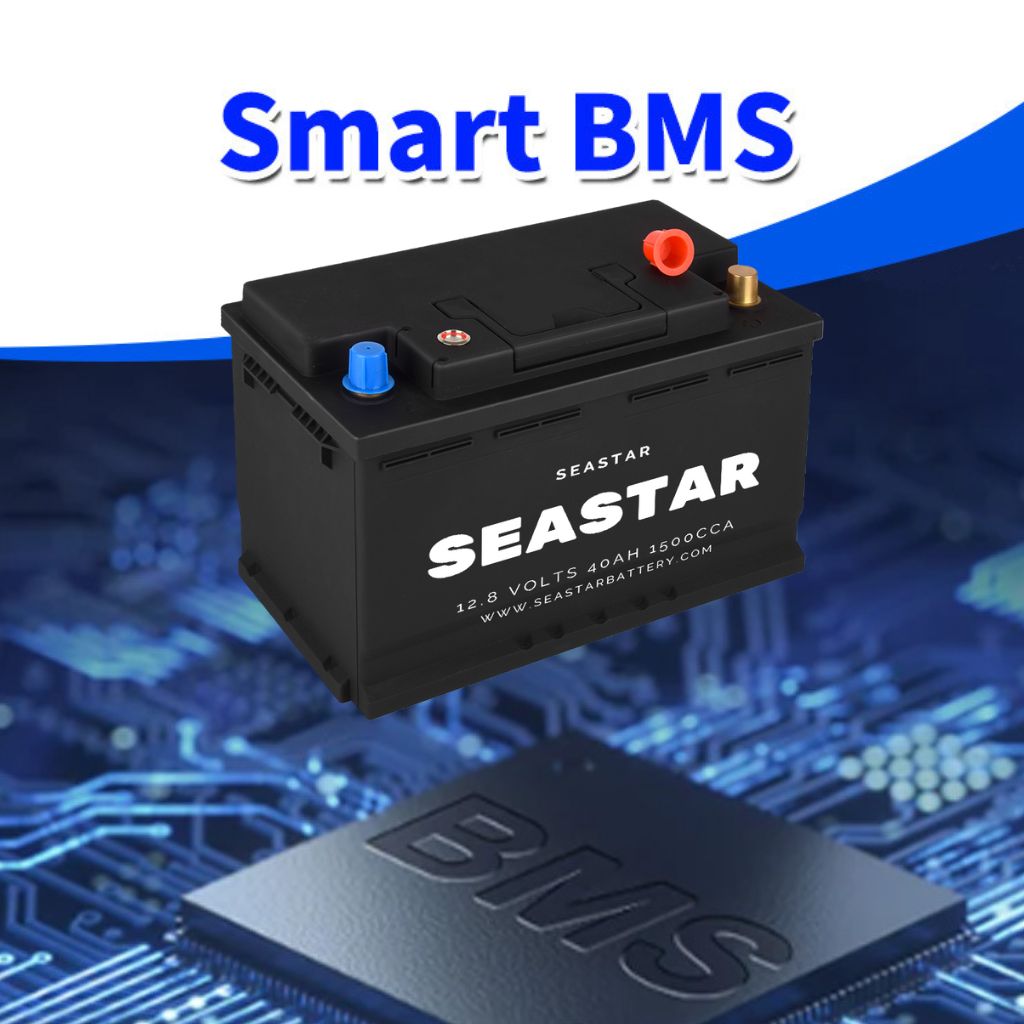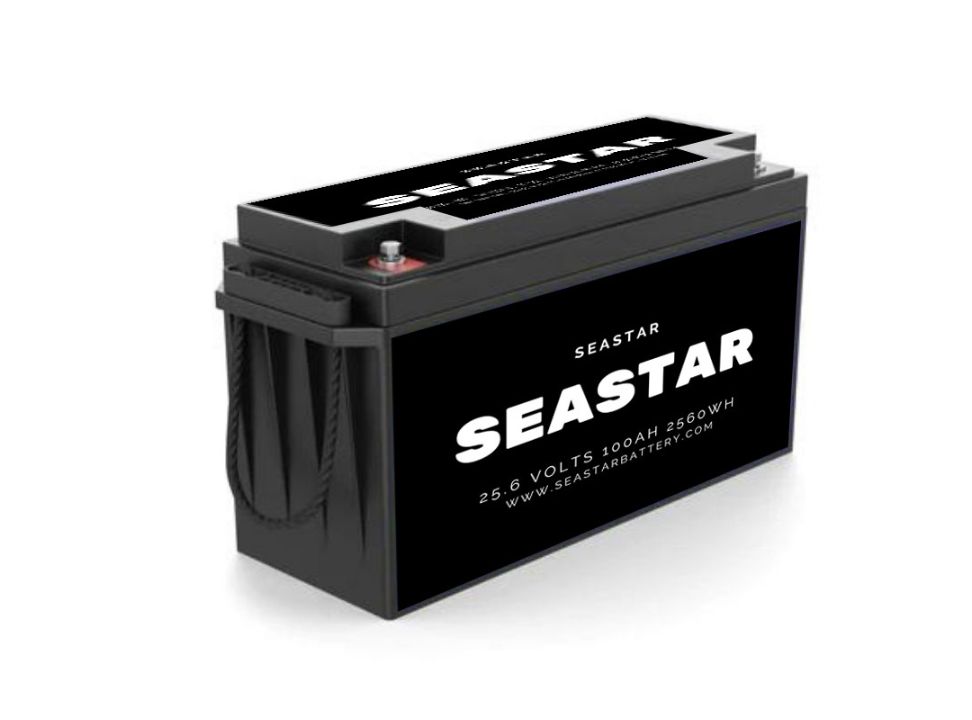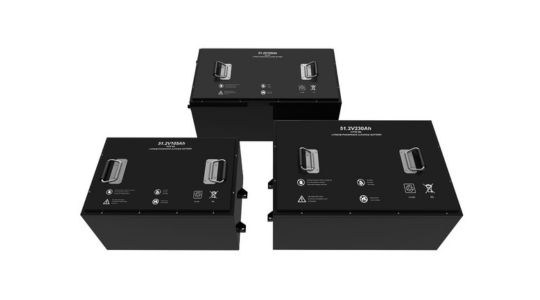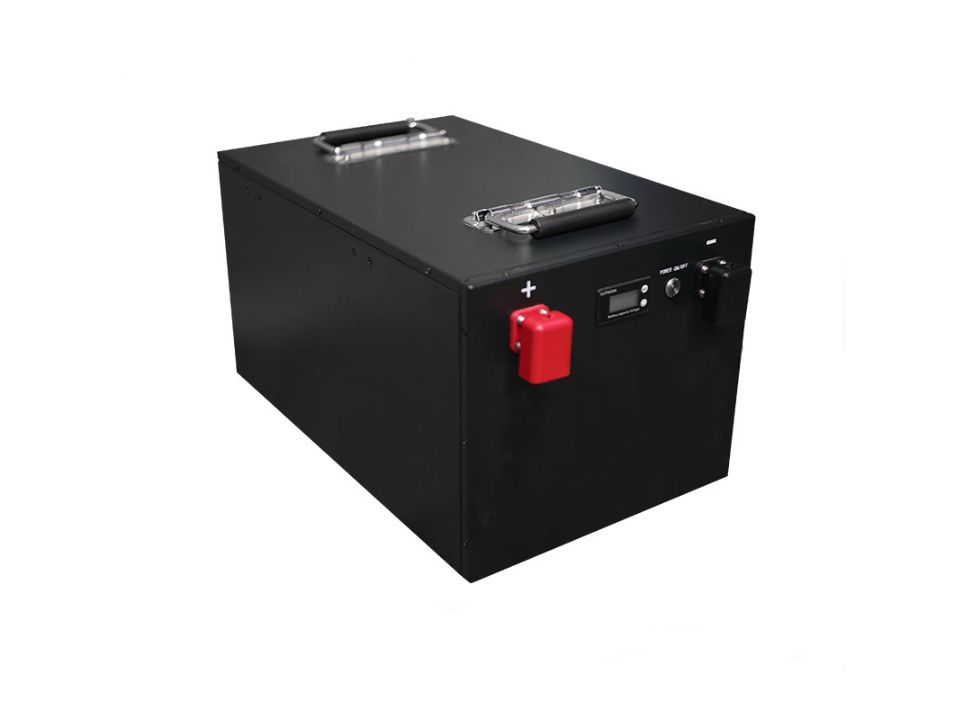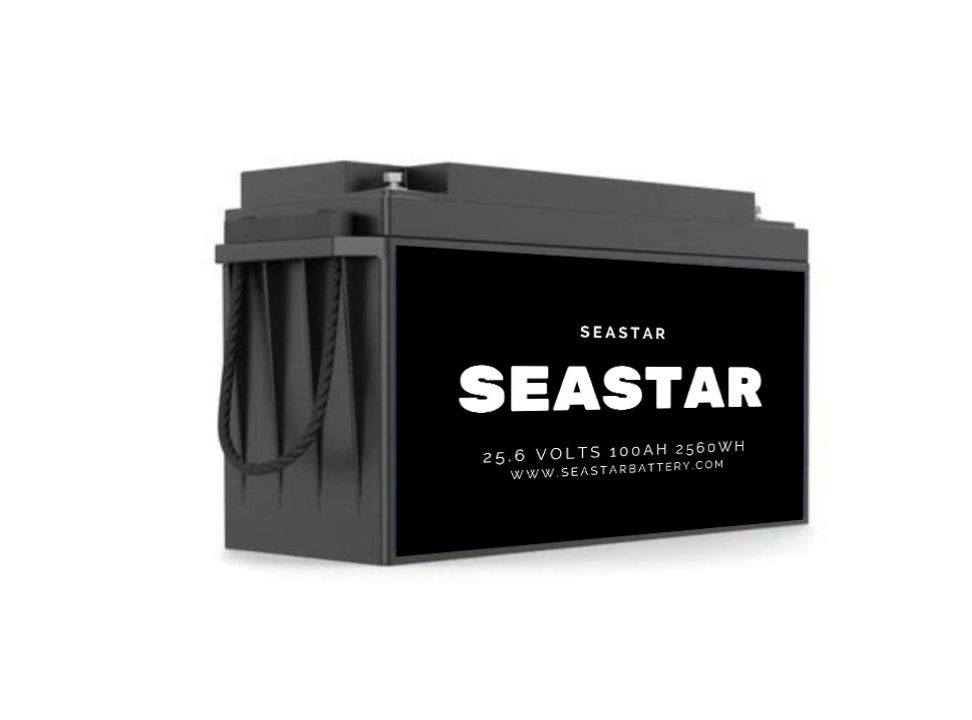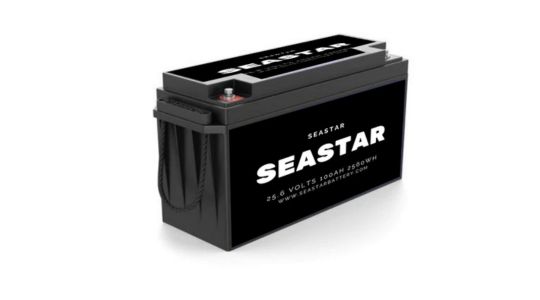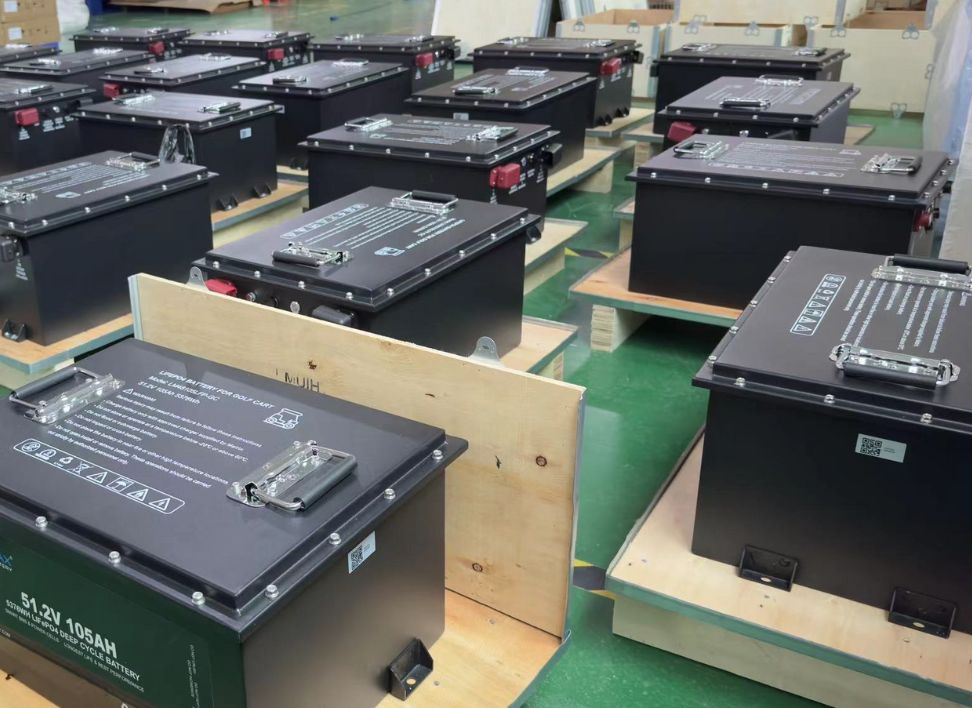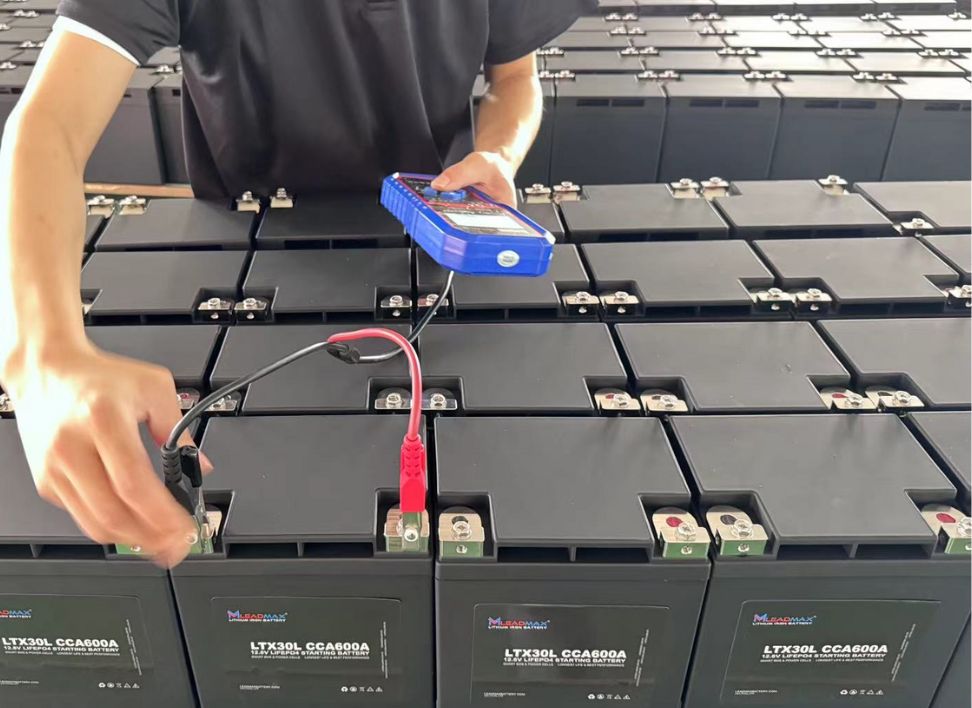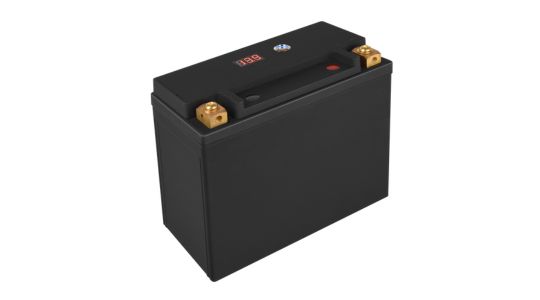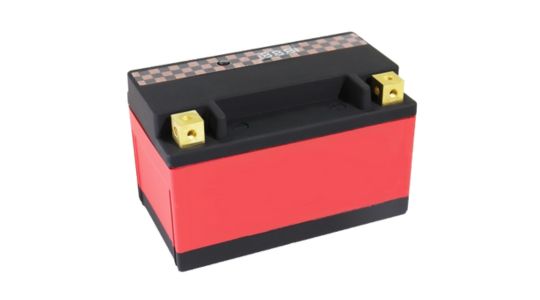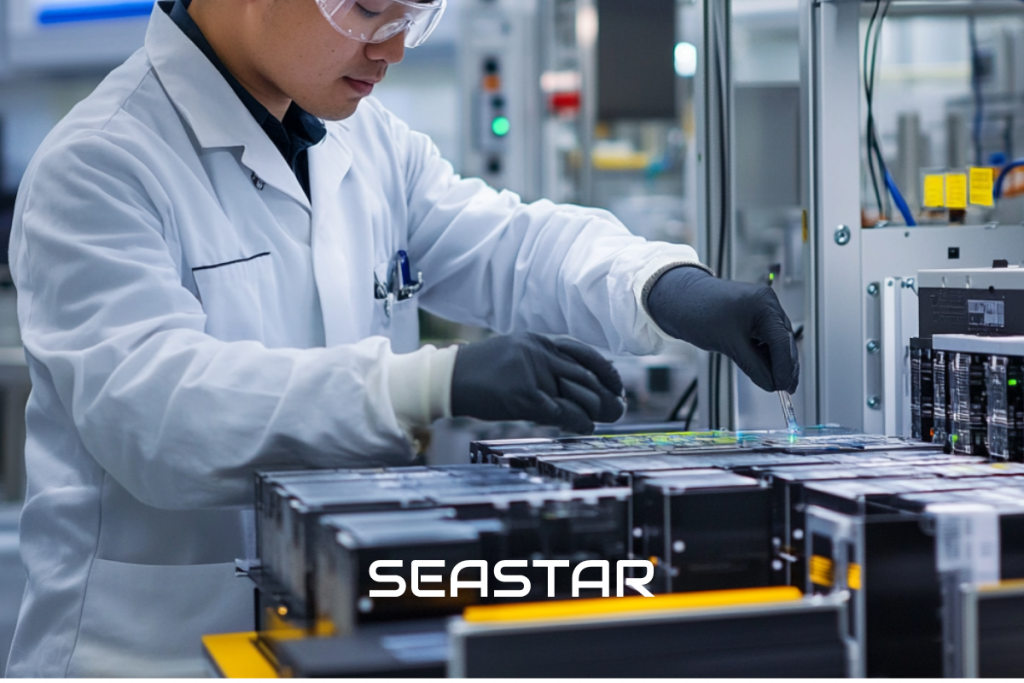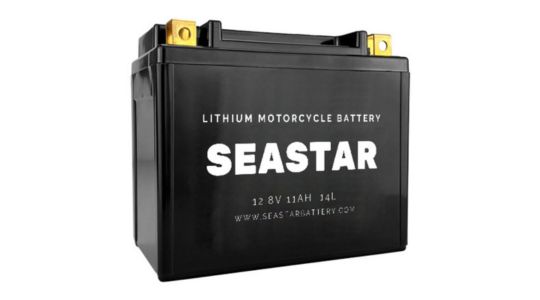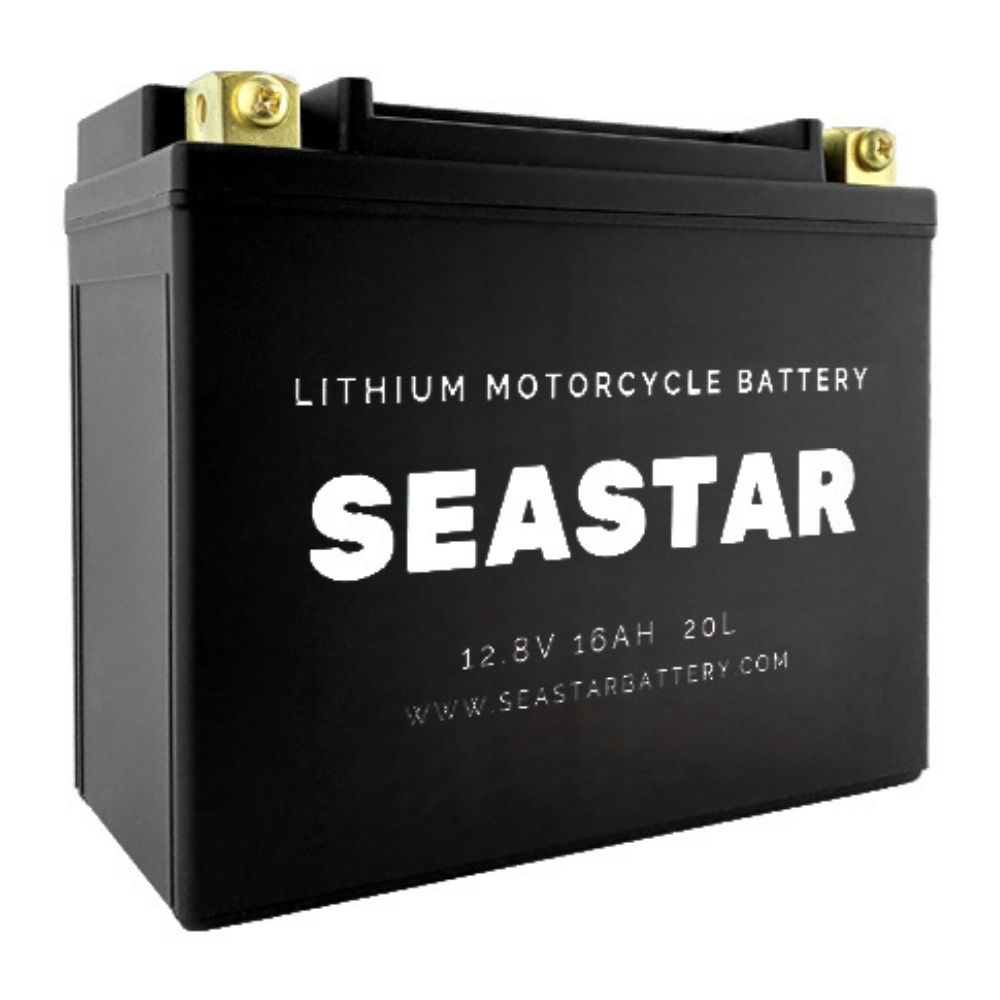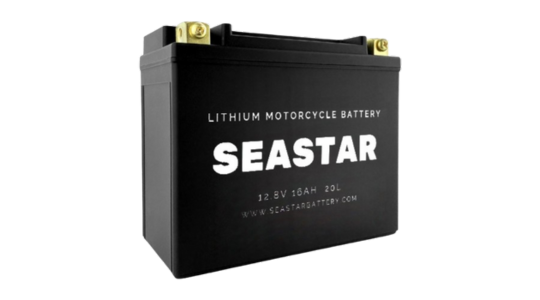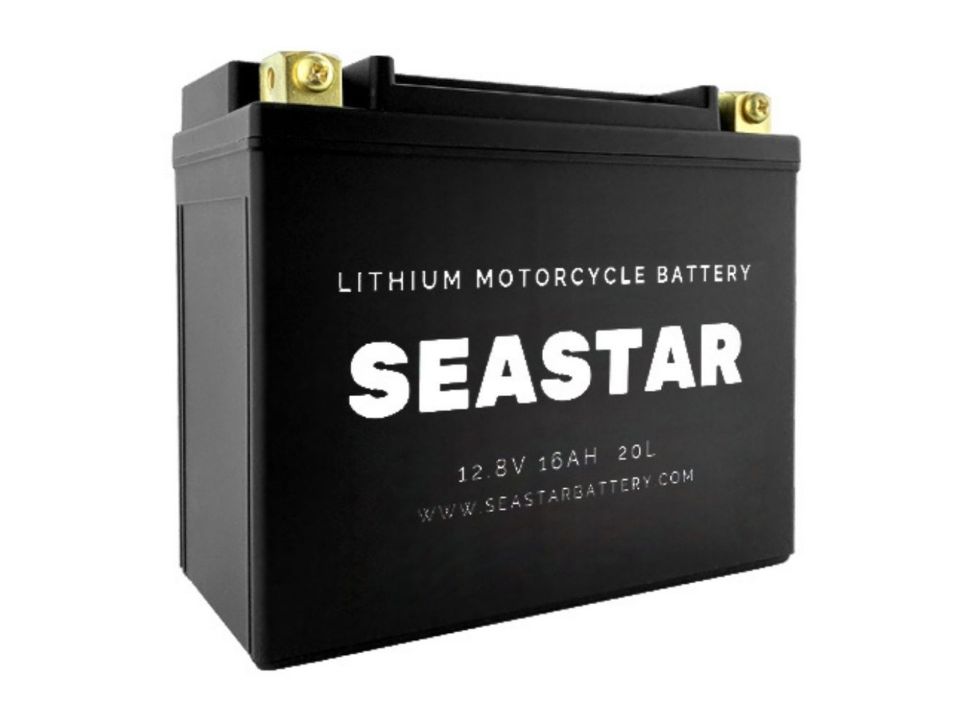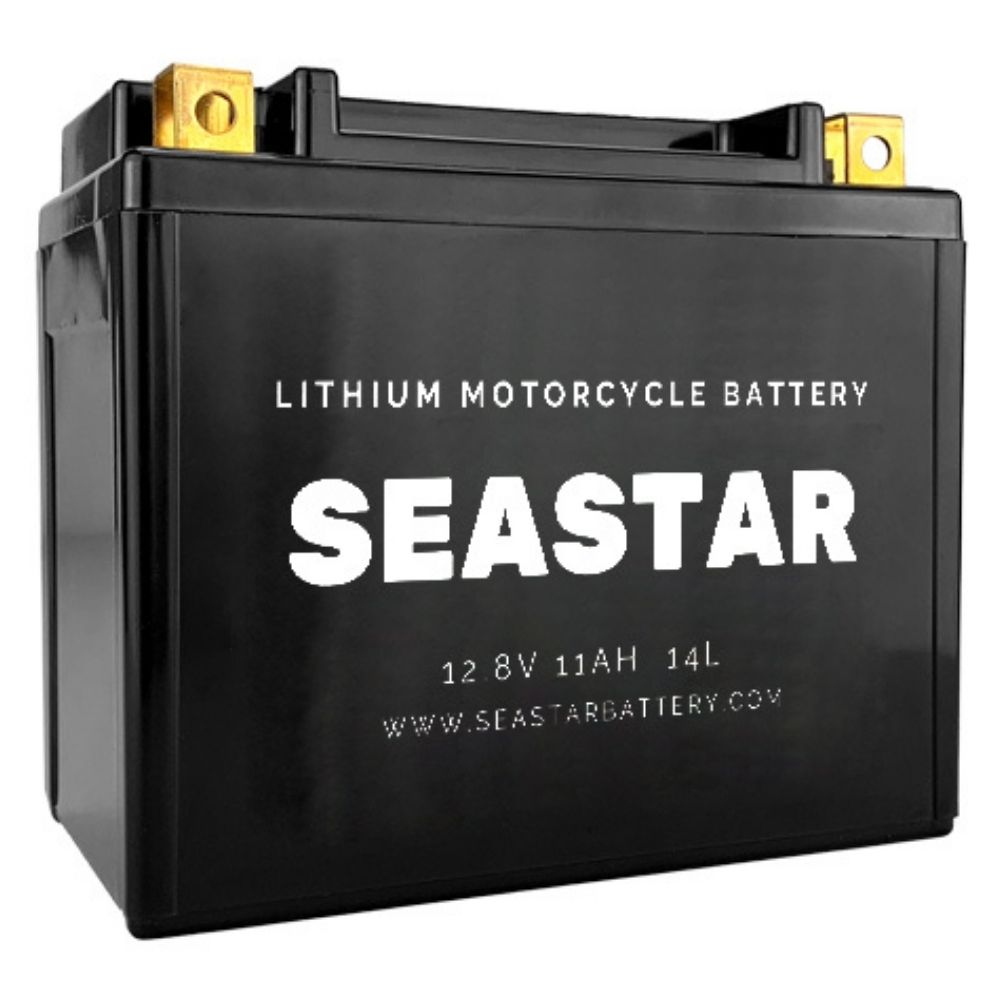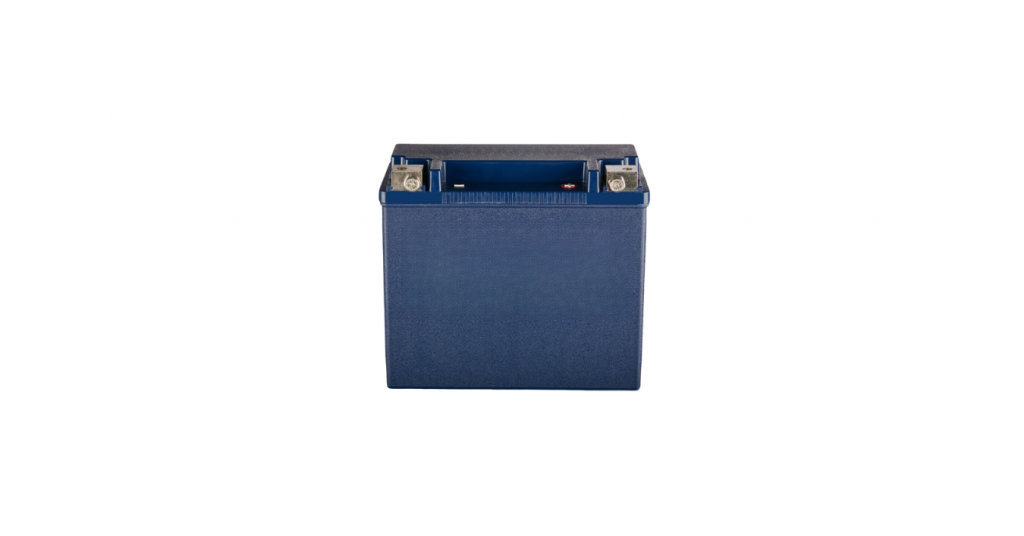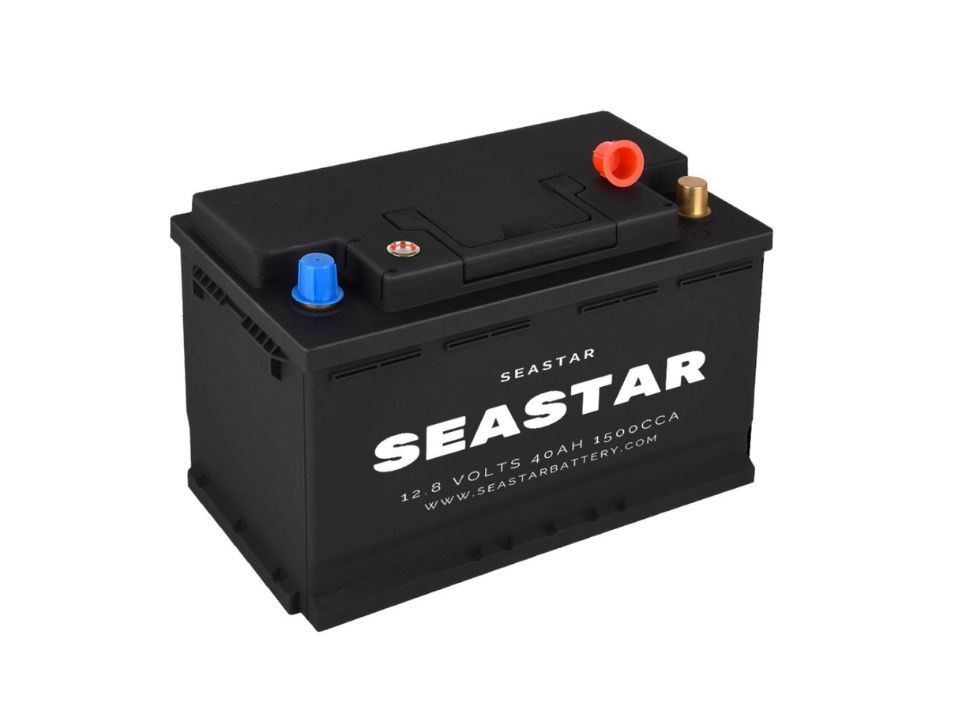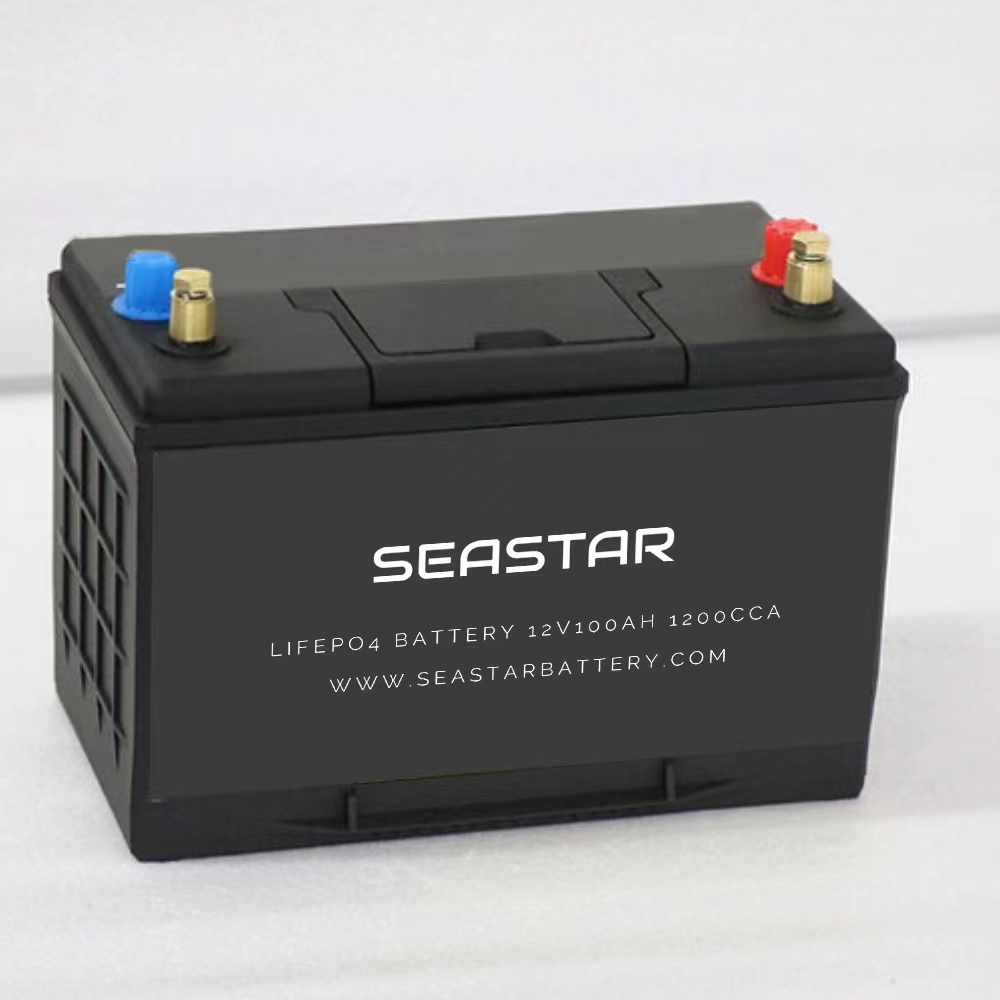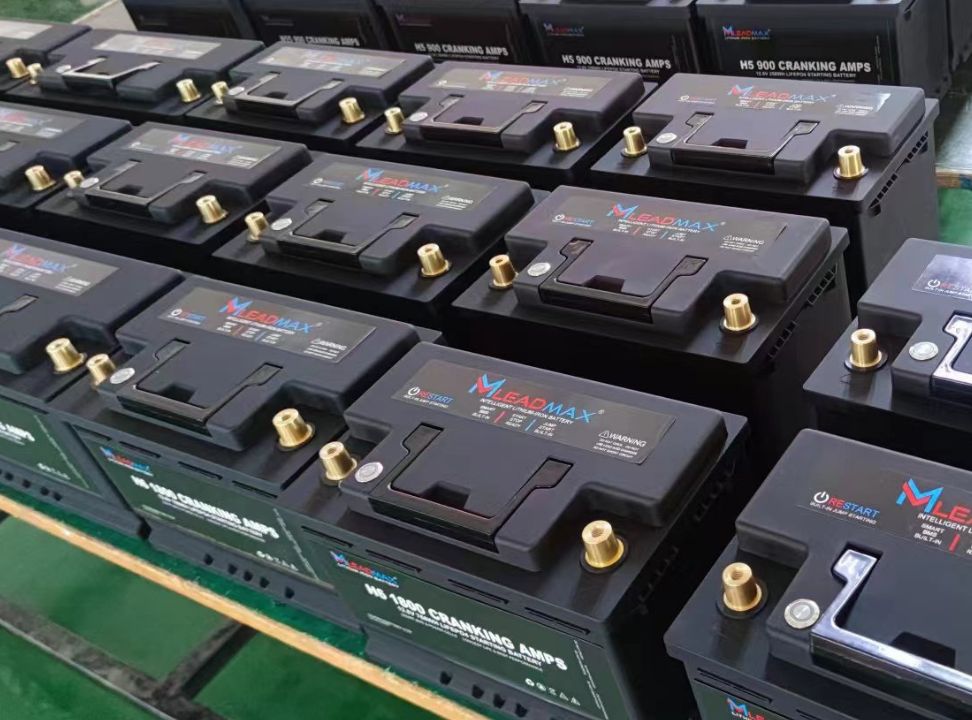Seastar Battery: The Ideal Lithium Battery Supplier for Electric Cars, Solar Systems, Drones, and More
As industries around the world shift toward sustainable and efficient energy solutions, lithium batteries are at the core of this transformation.
From powering electric cars to storing energy in solar systems, and even fueling high-performance drones, the demand for reliable, high-quality lithium batteries has never been higher.
Seastar Battery, a leading lithium battery supplier based in China, is dedicated to providing top-tier battery solutions tailored for various industries, including renewable energy, electric vehicles (EVs), and industrial applications.
With a strong focus on innovation, safety, and performance, Seastar Battery is your trusted partner for all your energy storage needs.
Table of Contents
Seastar Battery’s Offerings for the Evolving Energy Market
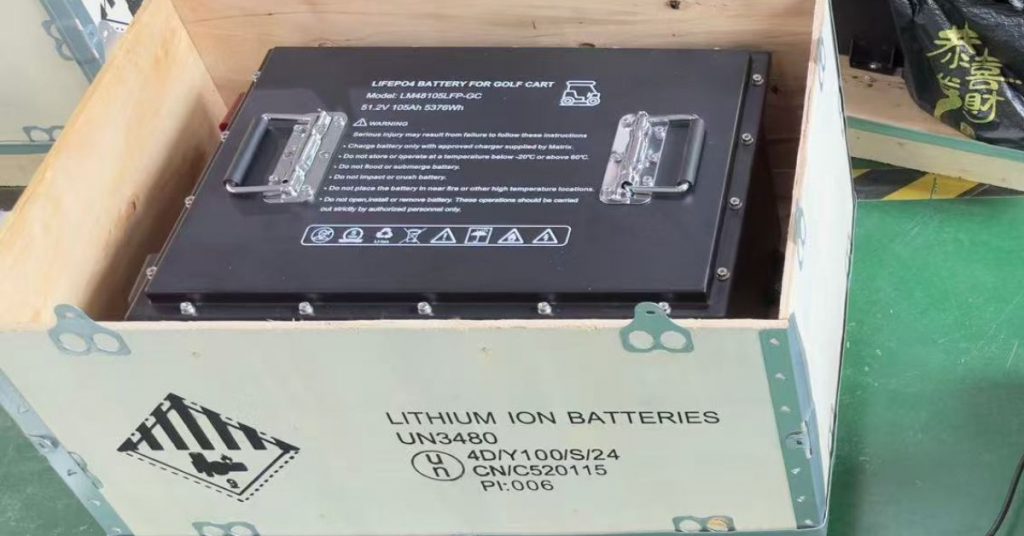
Lithium Battery Supplier for Electric Cars
Electric vehicles are changing the way we think about transportation, and reliable, high-performance batteries are essential for their success.
As a premier lithium battery supplier for electric cars, Seastar Battery delivers cutting-edge energy solutions designed for optimal range, safety, and longevity.
Our batteries are lightweight, have a high energy density, and are engineered to support the growing demand for electric mobility.
Features:
- Long-lasting battery life with excellent charge retention.
- High energy density for longer driving ranges.
- Robust safety features and compliance with global automotive standards.
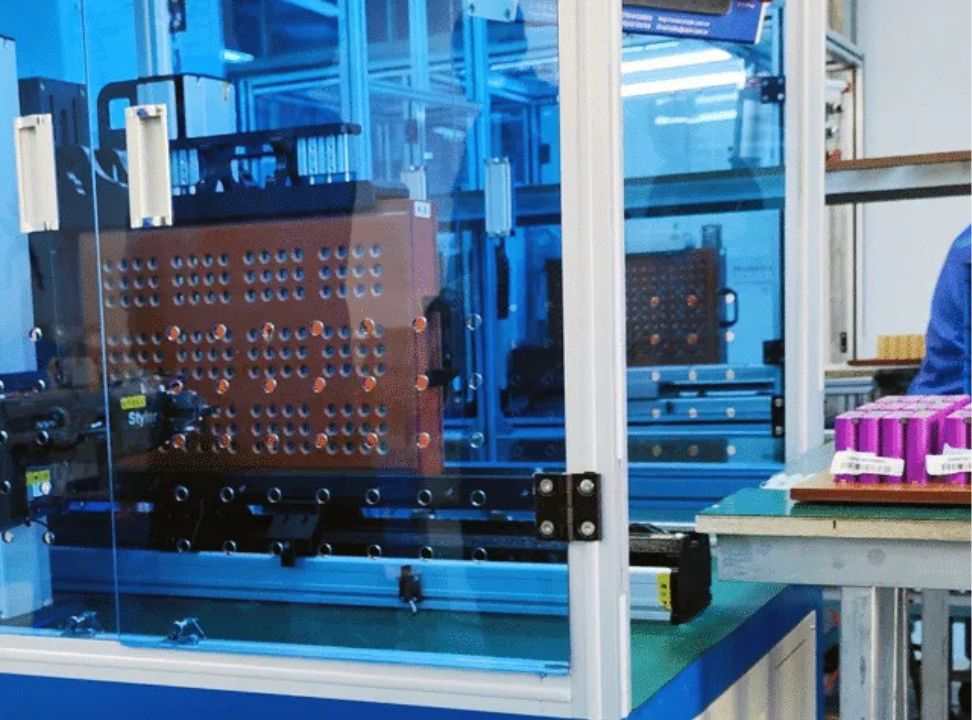
Solar System Lithium Battery Manufacturers
As renewable energy continues to gain traction, solar power systems are becoming a central component of green energy initiatives.
Seastar Battery is a trusted solar system lithium battery manufacturer, providing advanced storage solutions that ensure reliable, efficient, and sustainable energy storage for both residential and commercial solar setups.
Features:
- High efficiency and deep discharge cycles for long-lasting performance.
- Safe, reliable battery systems for residential and commercial solar applications.
- Scalable solutions to meet varying power storage needs.
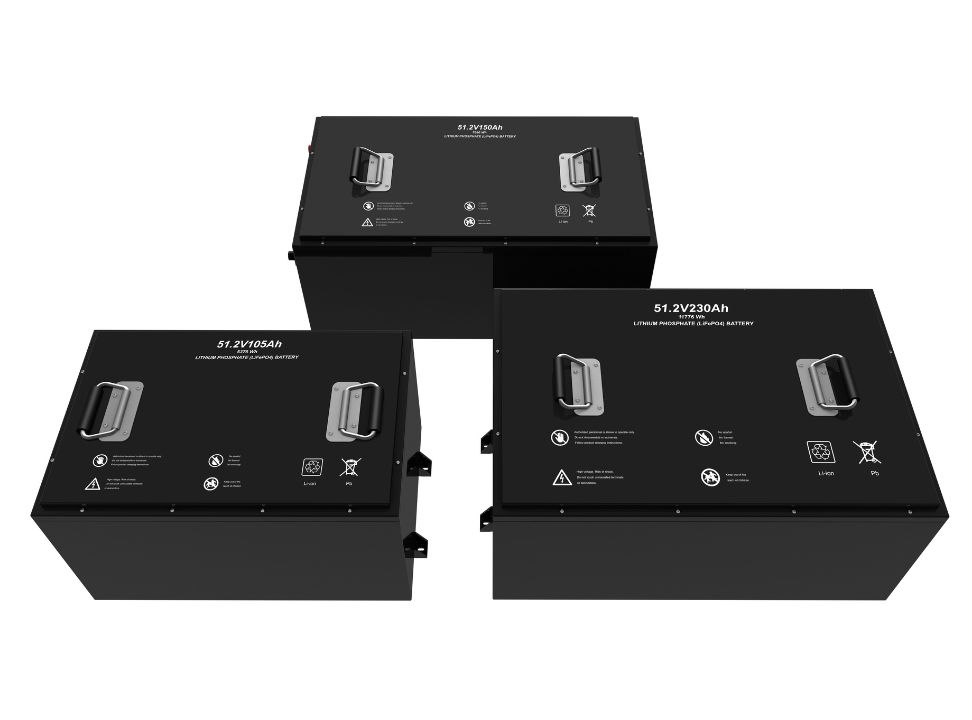
High-Performance Lithium Battery for Drones
Drones are increasingly being used in industries like agriculture, surveillance, and logistics. To support these demanding applications, high-performance lithium batteries are crucial.
Seastar Battery offers specially designed lithium batteries for drones, engineered to maximize flight time, minimize weight, and ensure reliability in all conditions.
Features:
- Lightweight and compact design for extended flight times.
- High discharge rates to support demanding drone applications.
- Superior thermal stability for safe operation.

Industrial Lithium Battery Solutions
From manufacturing plants to mining operations, industrial lithium battery solutions are vital for powering heavy machinery, equipment, and systems.
Seastar Battery provides robust, durable, and efficient batteries for a variety of industrial uses, ensuring uninterrupted power and improved operational efficiency.
Features:
- Heavy-duty lithium batteries for high-load applications.
- Reliable performance in extreme conditions and high-energy demand environments.
- Customizable battery packs to suit industrial power needs.
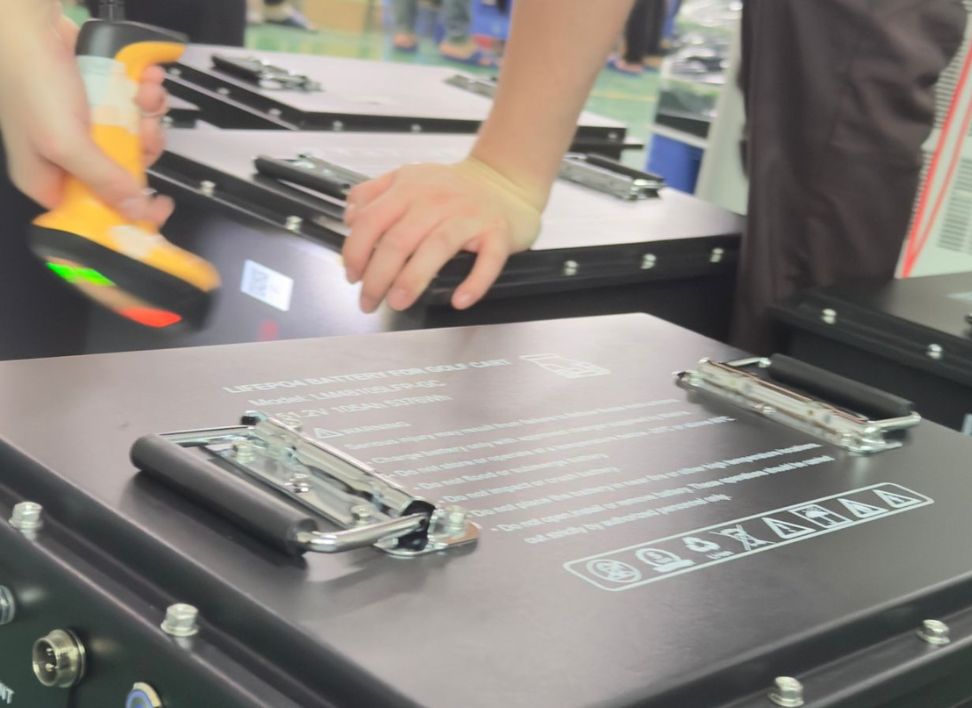
Energy Storage Lithium Battery Supplier
Energy storage is essential for integrating renewable energy sources like solar and wind into the grid. As a leading energy storage lithium battery supplier,
Seastar Battery offers scalable, efficient, and safe energy storage solutions that help businesses and utilities store excess power for later use, reducing reliance on the grid and ensuring a stable energy supply.
Features:
- Scalable solutions for residential, commercial, and utility-scale energy storage.
- Long lifespan with minimal maintenance requirements.
- Safe and reliable batteries that comply with international standards.
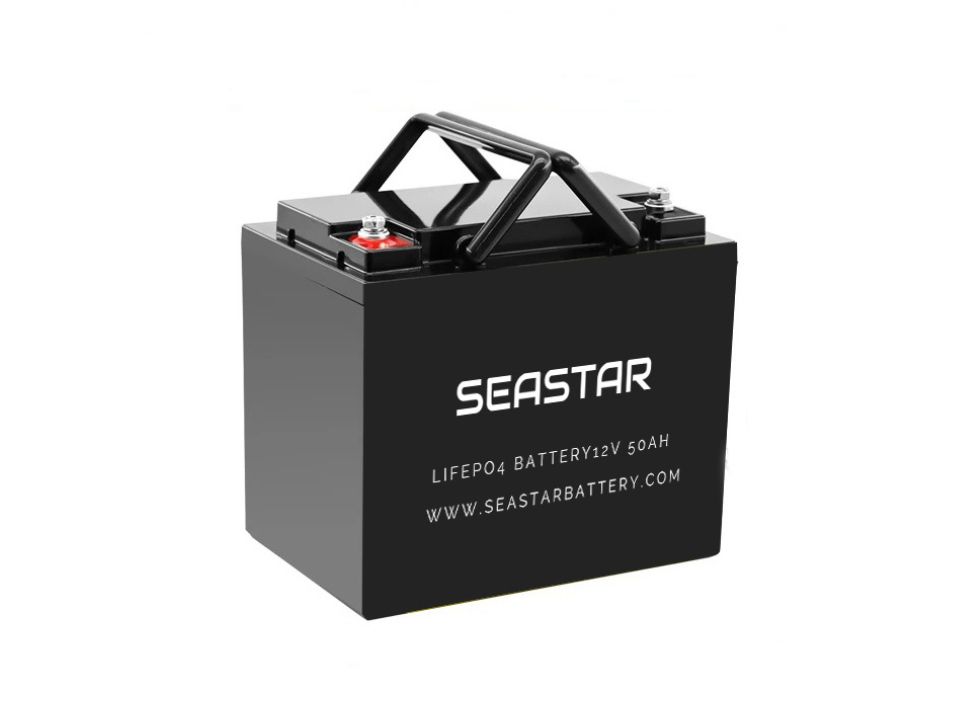
Why Choose Seastar Battery?
- Global Expertise: With years of experience in lithium battery manufacturing, Seastar Battery is well-equipped to meet the energy storage needs of industries worldwide.
- Custom Solutions: We provide tailored battery solutions for electric cars, solar systems, industrial applications, and more, ensuring optimal performance and efficiency.
- High Quality and Safety: All our batteries undergo rigorous testing and are certified to meet international safety and quality standards.
- Sustainability: Our products are designed with sustainability in mind, ensuring a longer lifespan and reduced environmental impact.
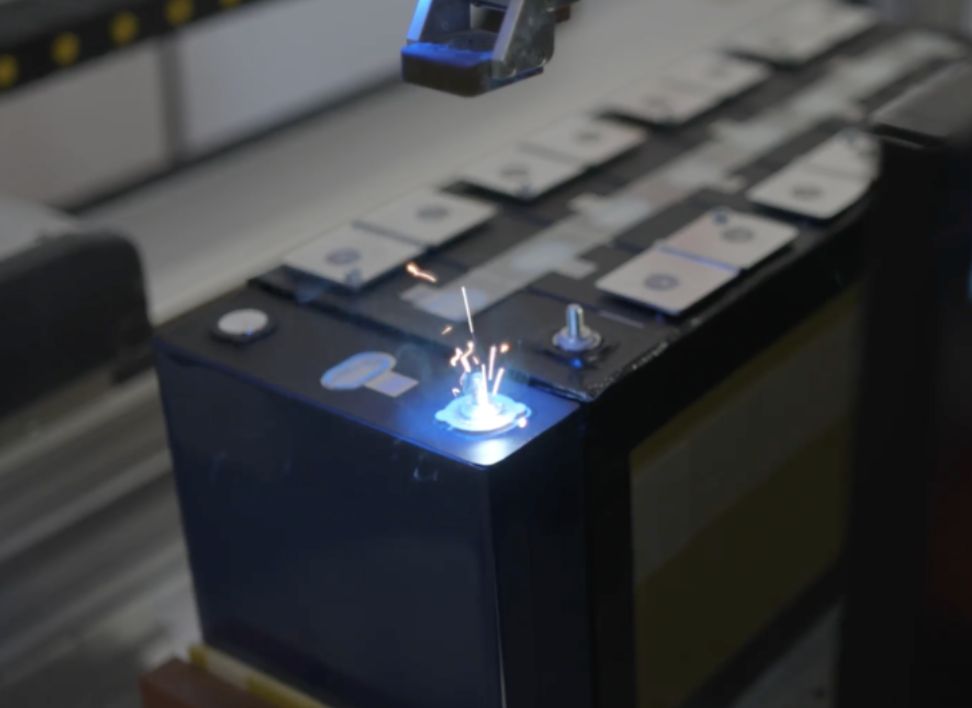
About Seastar Battery
As a trusted lithium battery supplier, Seastar Battery is committed to providing the best solutions for industries such as electric vehicles, renewable energy, and high-tech applications.
With state-of-the-art manufacturing facilities and a focus on sustainability, we are ready to meet the diverse needs of businesses worldwide.
Visit www.seastarbattery.com today to learn more about our products and how we can support your energy storage requirements.
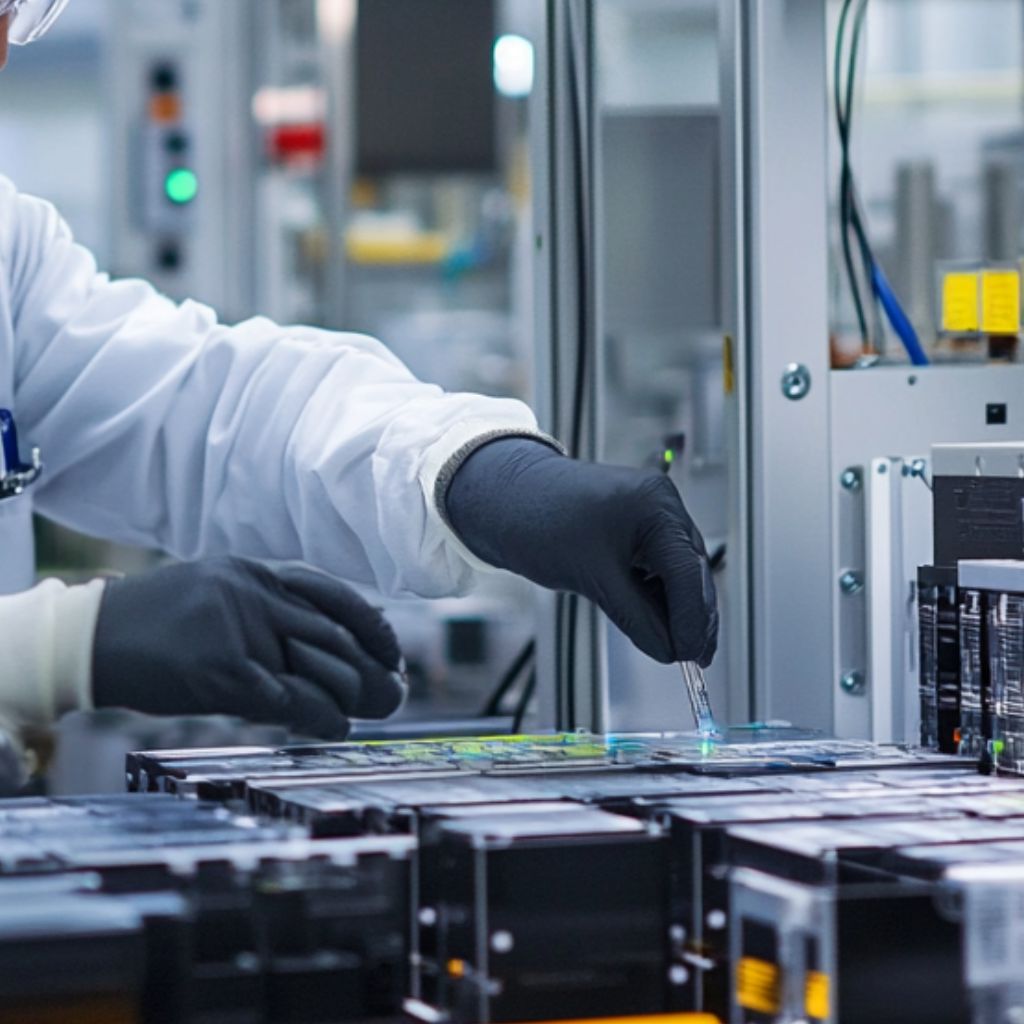
Conclusion: Powering Your Future with Seastar Battery
Whether you’re looking for a lithium battery supplier for electric cars, a solar system lithium battery manufacturer, or an energy storage solution for your business,
Seastar Battery offers the technology, quality, and expertise to power your success. Contact us today to learn how we can help you build a more sustainable and energy-efficient future.
